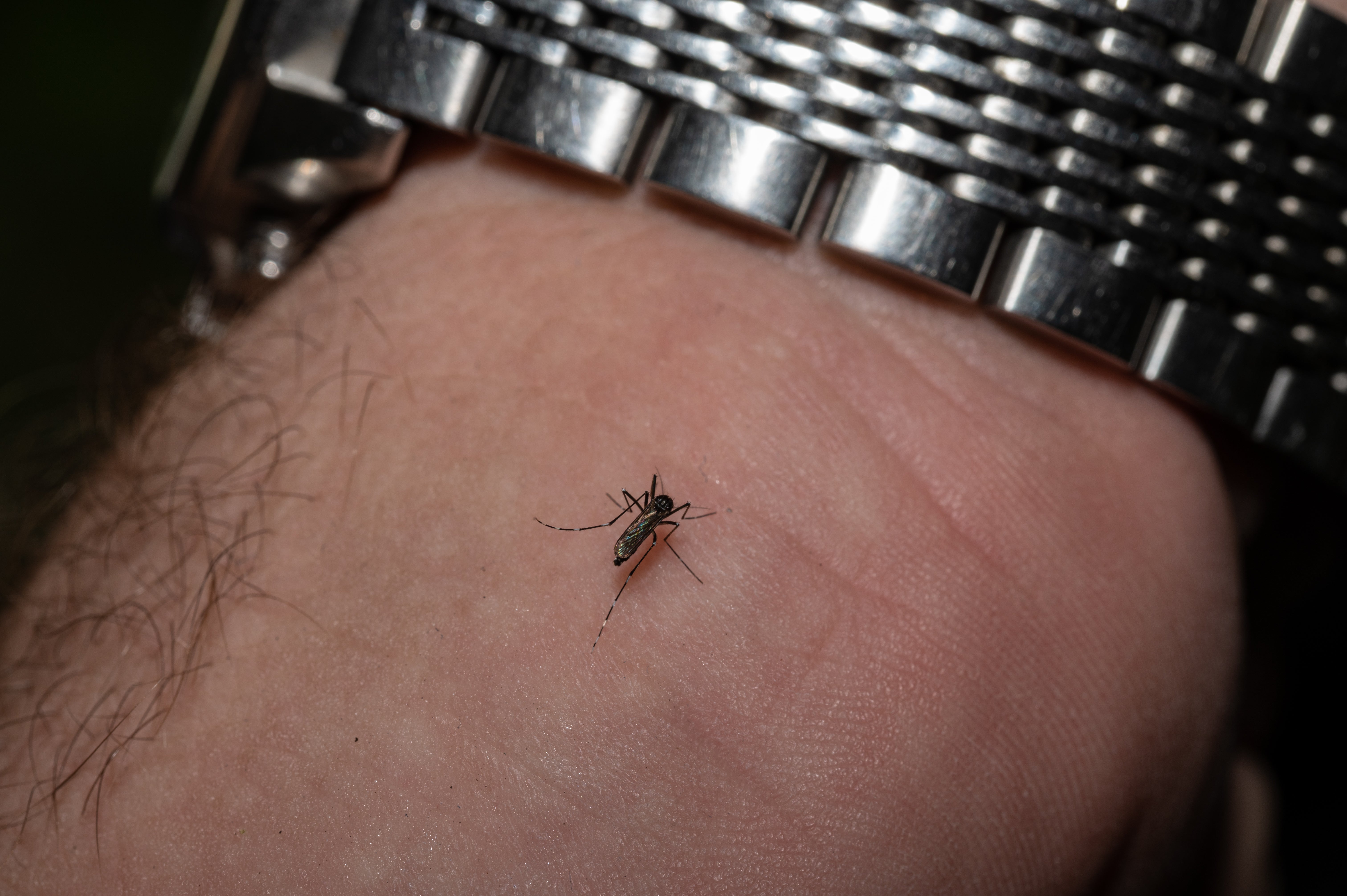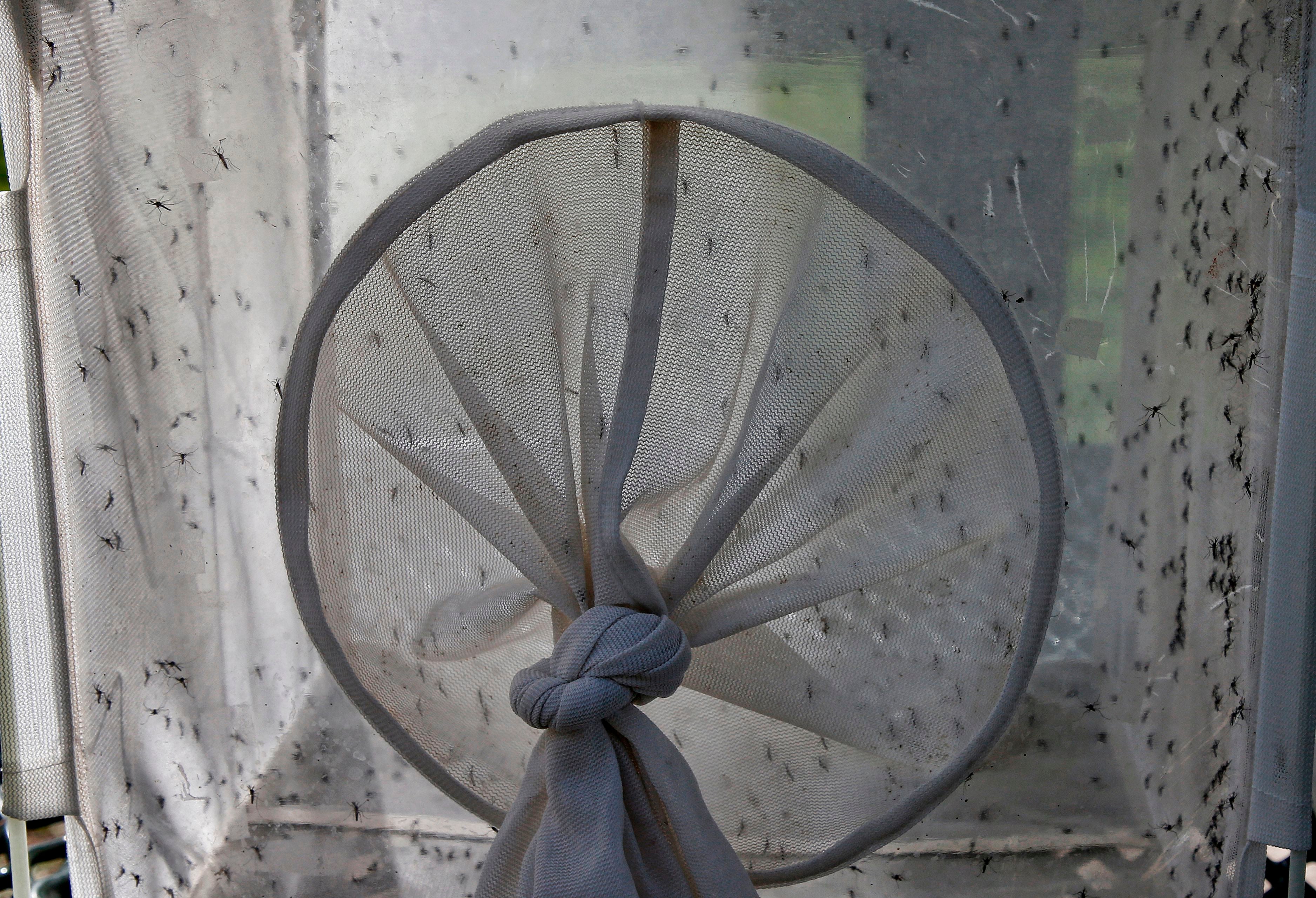Scientists have developed methods to wipe potentially disease-carrying mosquitoes off of the face of the Earth. But, should they?
The implications of such a monumental call remain unknown and bioethicists say they are not “in favor of remaking the world to suit human desires.”
“The eradication of the mosquito through a genetic technology would have the potential to create global eradication in a way that just felt a little risky,” Christopher Preston, a University of Montana environmental philosopher, recently told The Washington Post.
However, we have the technology, which largely targets the female mosquitoes responsible for biting and spreading malaria, dengue, Zika, and other nasty pathogens.
Using genetic tools, researchers can edit the genetic makeup of mosquitoes and make the females infertile. In January, scientists in Australia that they were able to alter male mosquitoes to produce venom proteins in their semen that can reduce the lifespan of females.
This week, researchers at the University of Maryland said they have successfully created a “sexually transmitted disease” that would deliver a deadly fungal infection to the females.

“It’s essentially an arms race between the mosquitoes and us,” University of Maryland professor Raymond St. Leger said in a statement. “Just as they keep adapting to what we create, we have to continuously develop new and creative ways to fight them.”
The fungus is called Metarhizium. Sprayed on male mosquitoes, it works by producing neuroteoxins that kill when they are injected into a female mosquito. It is harmless to humans.
“The fungus additionally made infected mosquitoes less able to sense insecticides, and much more susceptible to them, so it’s really a double blow against them,” St. Leger said.
This could be great news in the fight against mosquito-borne illness. Last year, the rare but serious eastern equine encephalitis virus forced New York to declare an “imminent threat,” a New Hampshire man died, and public parks and other areas closed in Massachusetts as the virus spread. This year, cities across the country have reported cases of West Nile virus, and authorities started spraying adulticide in Houston’s Harris County. Malaria also continues to be a leading cause of preventable illness and death, resulting in 608,000 deaths across 85 countries in 2022.
But, just how far should humans take the war against mosquitoes?
It can be easy to overlook the role they play in our ecosystems. They are an important source of food for fish, frogs, and pollinators, including birds and bats. But, they are also pollinators themselves, and their primary food source is flower nectar — not blood.
Of the more than 3,000 species on Earth, just 400 can transmit diseases to people, and most of them don’t actually feed on humans at all, Yvonne-Marie Linton, research director at the Walter Reed Biosystematics Unit, told Smithsonian Magazine.

Mosquitoes have been around buzzing around since dinosaurs roamed the Earth some 200 million years ago.
Earth is currently in the middle of a human-fueled biodiversity crisis, including massive insect loss driven by agriculture and related pollution, in addition to climate change-driven disasters and other events. Without insects that pollinate billions of dollars in crops in North America, we’d have a lot less food and other products.
Mosquitoes are one of the only species people have posited should be eliminated.
Still, they are the world’s deadliest animal. And, especially during the hot and wet summer months, the risk for disease is increasing. Human-caused climate change is creating more favorable conditions for mosquitoes, resulting in population expansion. That’s especially true along U.S. coasts. But, even in droughts, they can be “extra bitey.”
“It’s believed that they alone, by transmitting disease, have killed half of all human beings who have ever lived,” St. Leger noted. “Being able to eliminate mosquitoes quickly and effectively will save people all over the world.”









